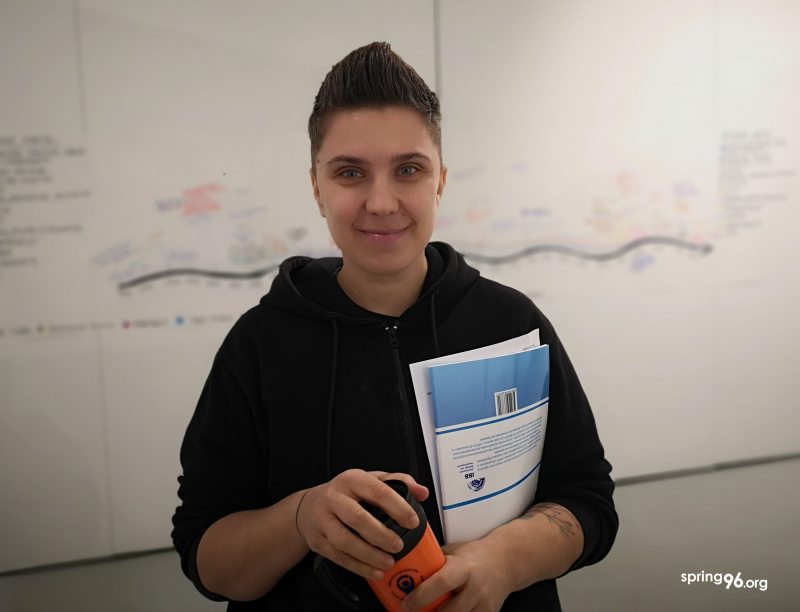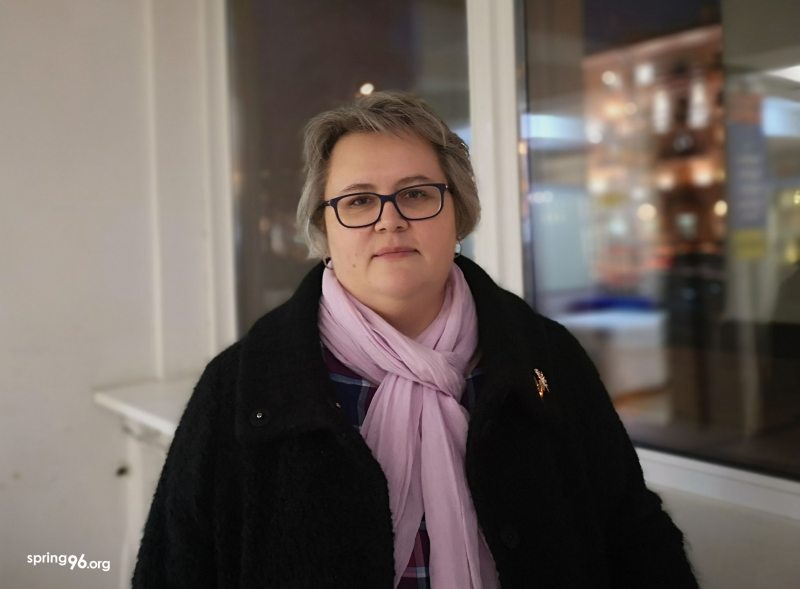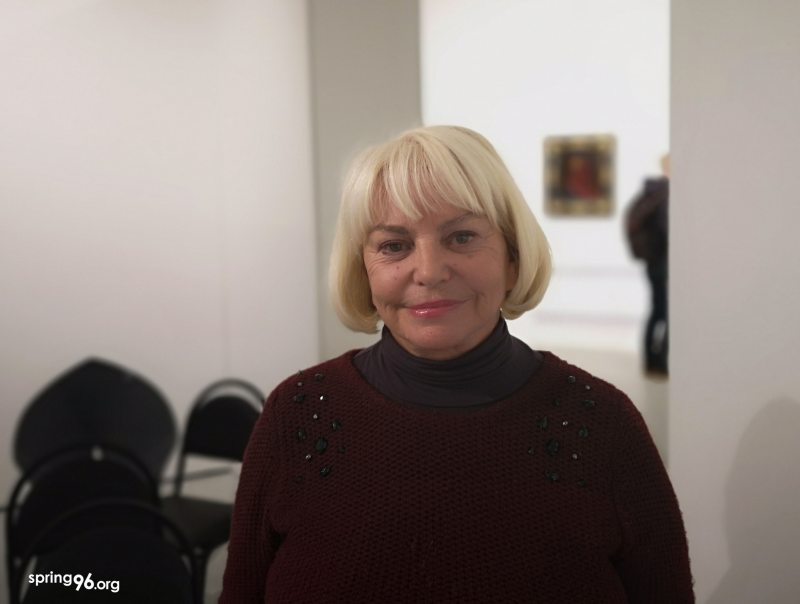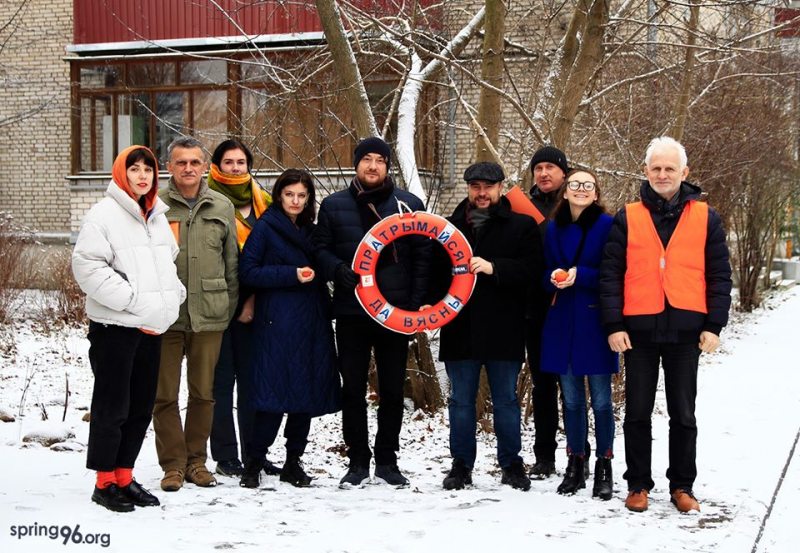Orange the World to End Violence against Women
November 25 was marked as the International Day for the Elimination of Violence against Women. Viasna talked to Belarusian activists working with gender issues to ask them about ways of addressing problems of violence against women in Belarus.
Volha Harbunova, board member of the public association Radzislava
Volha used to run a shelter for the victims of domestic violence.
“About 15 years ago, we tried to talk about gender and domestic violence, but the topic was taboo. Now, the situation is better. They make films, arrange exhibitions, there are social services to help the victims. There are even such actors as the Ministry of the Interior: it tried to initiate a special law on the prevention of domestic violence. However, violence is still very common. Therefore, it is important to focus on education, especially for girls and teenagers. So that we did not grow up with the idea that violence is normal.”
In 2018, the Interior Ministry’s initiative to adopt a bill on domestic violence was rejected by President Lukashenka.
“All this is nonsense, borrowed primarily from the West,” he said.
In response to President’s statement, an initiative March, Baby was launched on October 5, 2018.
Sviatlana Hatalskaya, coordinator of the initiative March, Baby
“We are working to resume discussions on the adoption of this law, which is badly needed,” says Sviatlana. “Statistics say that every third Belarusian woman has faced domestic violence. Recently, we filed a bid for a march, which was rejected. And we realized that we have very little leverage on the government. So now we are thinking of ways to change the situation without asking the government for a chance to speak up.”
Iryna Alkhouka, chairperson of the International Public Association Gender Perspectives
The Gender Perspectives run a nationwide hotline for the victims of domestic violence. During the past 7 years, it received 13,000 calls.
“96% are women and 4% are men. These are the people who suffer from domestic violence in their families,” says Iryna. “The saddest thing is that it happens behind closed doors. And we do not effective legislation to allow the victims to protect themselves. An average victim is a female, in her late twenties to mid-forties. I believe that the problem of violence against women is still highly relevant. This is an international problem, and Belarus is no exception. Probably the difference is about the means each country is using to solve it.”
Liudmila Petsina, co-chair of the Women’s Independent Democratic Movement
Liudmila Petsina was among those who attempted to pass the law on domestic violence in the late 90s and early 2000s. Unfortunately, nothing happened.
“Back then, some of the officials shared our opinion and were ready to support us. But they were not free individuals, as our MPs are not today. For example, a representative of the Interior Ministry traveled with us across Belarus, speaking in support of counteracting domestic violence. But when they said “Stop”, none of the officials dared to say anything.”
The 2019 theme for the International Day for the Elimination of Violence Against Women is “Orange the World: Generation Equality Stands Against Rape”. Like in previous years, this year’s International Day marks the launch of 16 days of activism that will conclude on 10 December 2019, which is International Human Rights Day.
Ee Prava (“Her Rights”), a Belarusian NGO working with gender rights, called on everyone to join the campaign.
“The United Nations chose the orange color as the campaign’s symbol. Therefore, you can wear orange or decorate your office. You can also take pictures and share them on social media with the hashtag #eeprava and #Global16DaysCampaign [see more here],” Darya Churko, the initiative’s legal expert said.






















